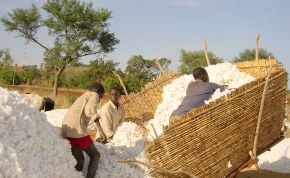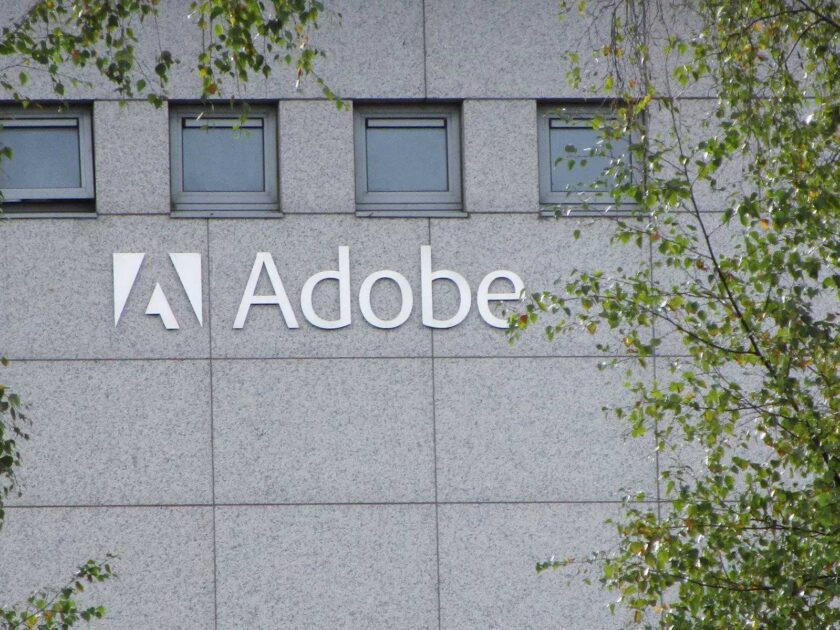Washington, DC — Since 2000, the African Growth and Opportunity Act (Agoa), which allows eligible countries to export products duty-free to the United States) has defined American trade relations with sub-Saharan Africa. The annual ministerial-level U.S.-Sub-Saharan Africa Trade and Economic Cooperation Forum mandated under the law is taking place in Addis Ababa on August 12-13. Leading the U.S. delegation is Michael Froman, who accompanied President Obama to Africa soon after being confirmed as U.S.Trade Representative, a Cabinet-level position. Previously he served in the White House as deputy national security advisor for International Economic Affairs where he was a principal author of President Obama’s 2012 Africa policy directive. He was spoke to AllAfrica before leaving for Addis. Excerpts:
How have the provisions of Agoa affected economic relations with Africa?
Agoa has been important in strengthening our ties. Our two-way trade has more than doubled, our exports have tripled. Sub-Saharan Africa’s non-oil exports to us have tripled, but there’s far more that we can do. The numbers are still relatively modest. We want to help promote intra-regional trade, and through our Trade Africa initiative we’re working with the East African Community and other economic communities to help promote regional integration. Agoa is a cornerstone of Trade Africa, and we’re working through Agoa to ensure that Africa can benefit and be as competitive as possible in the global market.
What is the administration’s position on renewing and revising Agoa?
As you know, Agoa expires in September 2015. The President has indicated that we want to see the seamless renewal of Agoa. We want to use the time between now and then to make sure that we are reviewing what has worked well, where Agoa might be improved and what changes have happened in Africa and its trading relationships with other markets, to see what if any changes need to be made to Agoa as we work with Congress. Congress is obviously the critical partner here to achieve renewal before it expires. We’re just at the beginning of that process.
In Addis Ababa, I will formally launch a review of Agoa, looking to stakeholders, governments, U.S. businesses, – and Congress as well – to give us input and feedback so we can formulate a position. There’s a lot of support in Congress for our historic engagement in Africa including Agoa, and there will be prominent members of Congress joining us at the Agoa Forum – Senator Johnny Isakson (Republican-Georgia) and Congresswomen Karen Bass (Democrat-California). We will be working with our colleagues in Congress so when we are ready to move forward with Agoa’s renewal, there’s a good foundation of support.
What are other aspects to your trade policy beyond Agoa?
As I mentioned, we’re working with the East African Community on furthering their regional integration. They’ve agreed to establish a customs union, and we want to work with them to ensure its fully implemented. That means helping them move towards single-border crossing, helping their customs services be able to talk to each other with an IT system that allows for connectivity, ideally moving over time to a single customs service that provides and shares revenues, and taking other trade facilitation measures.
We’re seeing what we can do to help reduce the difficulty and costliness of moving products from port through roads and through the next border and make that more efficient. We set up a regional commercial dialogue that will be meeting in Addis Ababa to allow for feedback from the regional business community and policy leaders in the EAC. We’ve launched a Doing Business in Africa campaign to promote even more interactions with U.S. companies and investors. So Trade Africa has a number of different dimensions to it, building on Agoa as well.
How does Agoa and trade policy tie into the rest of the administration’s Africa agenda?
We have a commitment to help promote private-sector led growth and sustainable economic development. Throughout the president’s trip, he was talking about the importance of trade and investment. We’re going to build on what we’ve been doing with food security where the President led a major effort going as far back as 2009 to mobilize international support for small holder farmers and agricultural productivity [and] to what we’re doing in global health. For the first time we can imagine an Aids-free generation through the impact of our health programs. We’re the largest donor in the health field by far.
On health, critics have questioned this administration’s commitment to sustaining the gains that resulted from President’s Emergency Plan for Aids Relief (Pepfar) that was begun by George W. Bush.
Notwithstanding the very serious budget pressures, our commitment to global health has remained steady. In fact, our spending on global health has increased over the last four years. In addition, with regards to HIV/Aids in particular, through the good work of Pepfar and the CDC and USAID we’re actually getting a much bigger bang for the buck and are able to treat three times as many patients for the same budget as we were before. We now have over six million people on treatment. When we came into government we had about a million and a half or so. Our commitment to global health is extremely strong and will withstand the financial pressures and we’re going to maintain this and become even more efficient and effective going forward.
Does your policy of engaging with the private sector go beyond investment promotion?
Look at our New Alliance on Food Security and Nutrition – a tri-part initiative with governments agreeing to adopt certain reforms to make their agricultural sectors more open and productive, donors willing to support those reforms and the private-sector willing to make commitments, not just for corporate causes but for social responsibility.
We have that same approach in Power Africa where we look to governments to reform their power sectors and put in place laws and regulations, appropriate tariff structures and appropriate governmental structures. We’re helping set up units to engage in transactions and strengthen their capacity. The private sector is very interested in investing in generation, transmission, distribution. The newfound sources of energy in Africa make a lot of American firms interested in investing in oil and gas – and in clean sources of energy such as geothermal all the way up and down the rift valley. There are hydro opportunities in Ethiopia and elsewhere.
Governments just need to make sure they have the enabling environment to make those investments sustainable. We stand ready to help governments that are willing to engage in that process.
For Power Africa, the administration has announced a $7 billion commitment from government and is looking to the private sector to provide $9 billion or more. How likely is that to happen?
Take the example of the Ubungo Power Plant which the President visited in Tanzania. That was a project that started with a Millennium Challenge Corporation (MCC) grant. Under that grant, a U.S. Company called Symbion made its first foray into Africa, partnered with GE and was very successful. Based on that experience, on its own, separate from any MCC involvement, Symbian has been going around bidding for other projects. It’s now working on a major project in Nigeria as well. That’s exactly the kind of success story where we use a modest amount of U.S. government assistance to encourage companies to be involved in Africa. The Overseas Private Investment Corporation is very involved in this. Companies find their own opportunities and expand their interactions with the rest of the continent.
To what degree do negative preconceptions about Africa discourage investment?
There is a gap between actual risks on the ground, which are not insubstantial, and the risk perception of the continent as a whole. When companies do get involved and are successful, they tell that story and it has positive spillover effects on companies that are hesitant to go there.
Does the President’s trip – and follow-on visits such as yours – signal that Africa will be getting more high-level attention by this administration than has happened up to now?
This President has been a leader and will continue to be so when it comes to Africa. He went to Ghana in his first year, and he has directed his administration to be very much involved in the region. It’s one reason why we took a new approach to development – the Presidential Policy Directive on Global Development strategy in 2010. He then issued a new policy on sub-Saharan Africa in 2012, and he directed a number of us to follow up and implement that strategy.
Obviously, the Secretary of State has been there a number of times. The Commerce Secretary went last year. Looking ahead, this trip the President just took is not a one-off engagement. We expect that [Treasury] Secretary Lew, [Commerce] Secretary Pritzker and [Energy] Secretary Moniz will all be in Africa over the next year and a half continuing to follow up in their particular areas including, as appropriate, engagement with the private-sector. There’s been a lot of involvement and interest that goes back to when the president first came into office. I was there in July 2009 at the L’Aquila Summit [of G8-member countries] where he worked the room and mobilized $22 billion for food security, most of which was focused on Africa.
We’re going to stay very much involved and encourage deeper involvement.




